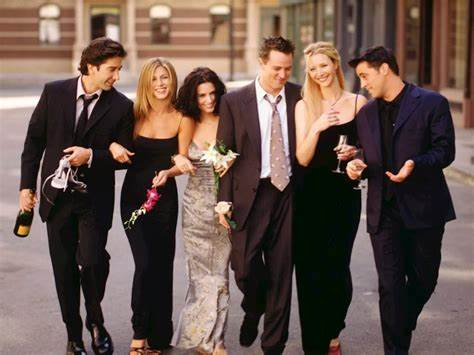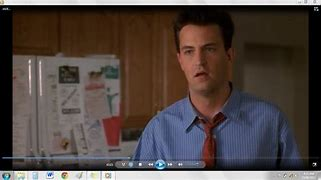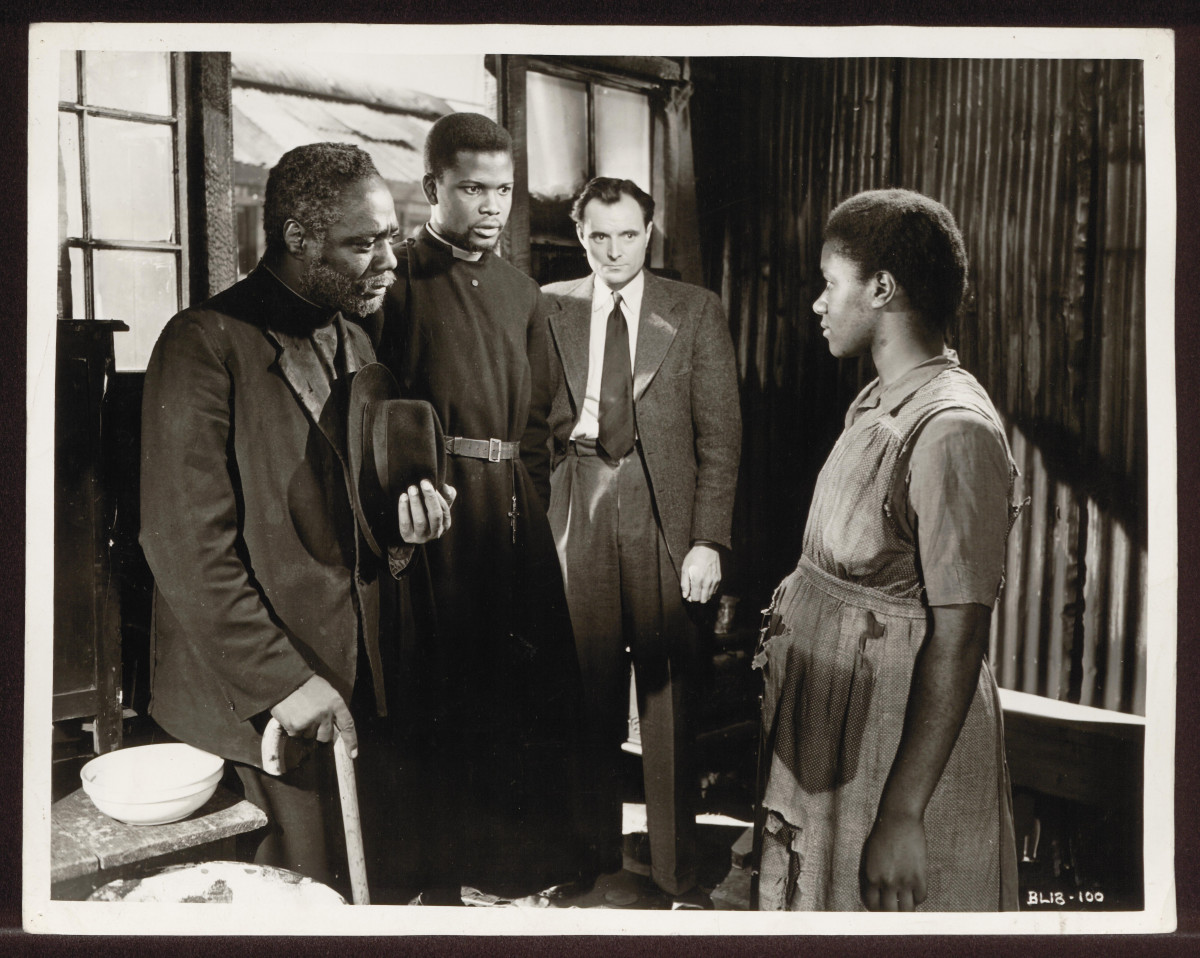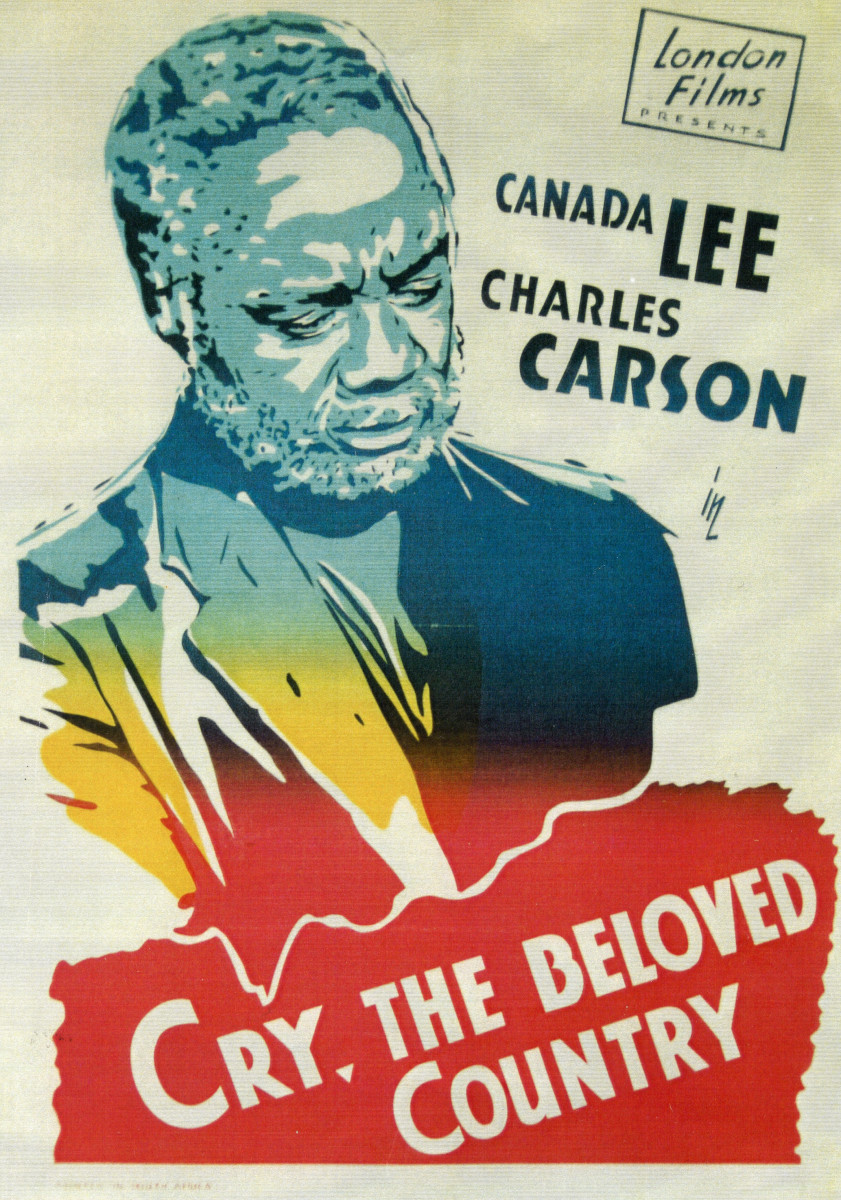Two honest documentaries tell the tale of two global superstars on Netflix
The insatiable need for celebrity news has come to a head over recent years, the need to know every living detail of the famed and fabulous from what time they wake up to what they eat in their perfect lives. Now as myself and my generation get older, we are always looking back at periods of our lives and also aware that the famous never totally recede from the spotlight.
Two documentaries have recently appeared on Netflix and both offer opportunities for the subjects to tell their own story of their careers, both stratospheric and both everlasting in many people's eyes. One about a footballer who transcended his sport to the point of becoming a brand in his own right, and the other a pop star who has had two phoenix like returns from the flames.
The first to drop for our binge-worthy tastebuds was Beckham, about the eponymous footballer who came to prominence when still a teenager at Manchester United in 1996, won the treble in 1999 and then left for Madrid in the early 2000s when his name was so big that everybody could name him or recognise the player without even seeing him play live.
The four-part documentary directed by Fisher Stevens (Los Angeles neighbour), is produced by Beckham and so tellingly, this is the brand making sure the narrative is the one he wants to be told. Now this is not an accusation of manipulation, but the funniest bit when he confronts wife, Victoria, about the type of car her Dad would ferry her to school in and then promptly closes the door on her was reminiscent of another clip from 1996 post-Wimbledon halfway goal when his father, Ted, is being interviewed and the camera whips to a young David poking his head round a door making sure Dad is singing from the song sheet.

This paints a picture of a man who is reluctant about sharing too much information with a media industry that would attempt to tear him down following the red card he obtained in a crucial World Cup knockout match for England in 1998 as well as mocking him for his fashion style and the relationship with Posh Spice, which many thought would derail his potential but actually his unwavering commitment to being the best player on his team set him apart from others.
The Beckham documentary, should have served as more of a celebratory piece to a playing career that was better than people remember but a document that is not critical and still used the adage of what goes on in the dressing room stays in the dressing room ethos.
While it was good to reminisce about Beckham's career as a football fan, it was sobering to see the scrutiny his performance was under more than anybody else playing at that time. And yet the production did smack of a Country Life fluff piece with little or no blowback on the man himself
The second documentary of note, is that of pop star Robbie Williams, who was one-fifth of Britain's biggest band, Take That in the mid-1990s, then left the band to pursue a huge solo career at the turn of the Millennium which was record setting and yet came with a heap of problems from constant media scrutiny to drug abuse and two rehabilitations.
Produced by Asif Kapadia (Senna, Amy), this documentary is not produced by the person in question, meaning that Robbie Williams is purely the subject in question and under the microscope. The device of Williams' looking at his history on a laptop while in his underwear reclining on his bed serves as a sort of duvet day therapy session for the popstar, with him stopping proceedings on a few occasions because he knows what is coming next and is reluctant to watch it any further. And yet as the film is shot at his home, his daughter Teddy interrupts on frequent occasions meaning we get a sense of past breaking into the present, a future the younger Williams could not have imagined.
Williams' life and career has been one of meteoric rises and very low lows, from the heights of being key to a boy band success it is not forgotten he was a mere 16 years old when it started and yet he was in a band with twenty years old and he notes, that age gap is vast at that time. He was a child in an adult world.
Unsurprisingly, he seeked solace in ingesting anything he could get his hands on from alcohol to cocaine and ecstasy. His first rehab comes at the age of 20, and then begins a solo stint but in partnership with Guy Chambers who wrote all the songs together with on his first four albums culminating in huge successes, based mostly upon the huge hit that was 'Angels'.
Williams is surprisingly, quite self-effacing and funny when watching himself back and very resentful of the things he has done to people - from his bitter jealousy to Gary Barlow to his casting aside Chambers' swiftly to basically not being able to trust anybody when so prevalent in the public eye.
The third episode which focuses on a very intense European leg of a tour shows the physical and mental torture his body endures going from show to show and as a document it cleverly shows the deteoriation of a body from working to breaking down mentally with shots of steroids injected (big mistake) to looking like a zombie from day to day, yet the pressure to continue on the wheel is paramount as his stage takes up 93 trucks. And yet too much time is given to the disastrous release of 'Rudebox' and the whole series misses his swing band era which was a huge success to his career.
While Beckham's look back at his career was more celebratory, Williams' look back is a reminder that warning signs were ignored and that mental health in young men, something which has been brought to public consciousness following the pandemic. A lot more is gained from watching Williams dissect his breakdowns than Beckham breaking down a free kick routine.
There is also a social comment, as Williams admits he joined Take That unable to read or write with no qualifications from school, yet he went on to become an Ivor Novello winner for his work yet that inability to communicate properly perhaps led to his unwillingness to speak out and ask for help; whereas Beckham came from a good household, a decent education albeit entirely built around his footballing prowess - he was able to batten down the hatches due to the fraternity he had at Manchester United after the red card at France 1998 and focus solely on performing. For Williams he could only find solace in alcohol or medication due to his lack of trust of others and coming from nothing and no support network there from the start for him
All in all, two fascinating documentaries about two fascinating individuals who were on the front pages for both the right and wrong reasons. Nostalgia yes but tinged with lessons to be learnt.
Beckham and Robbie are both available on Netflix now


















































